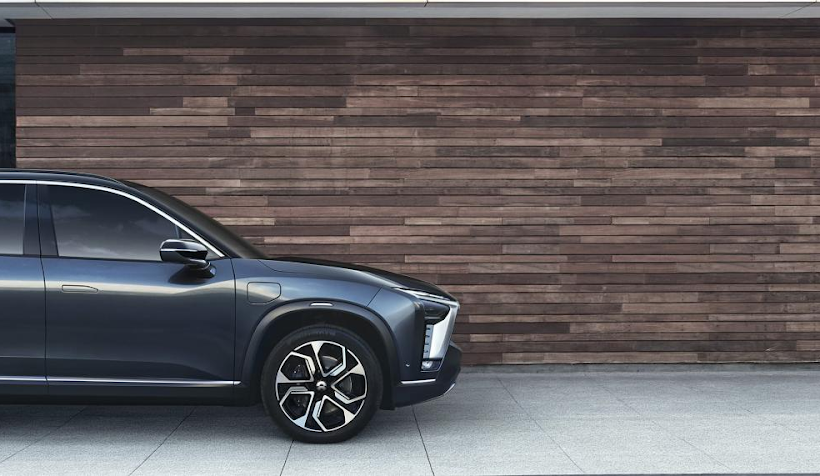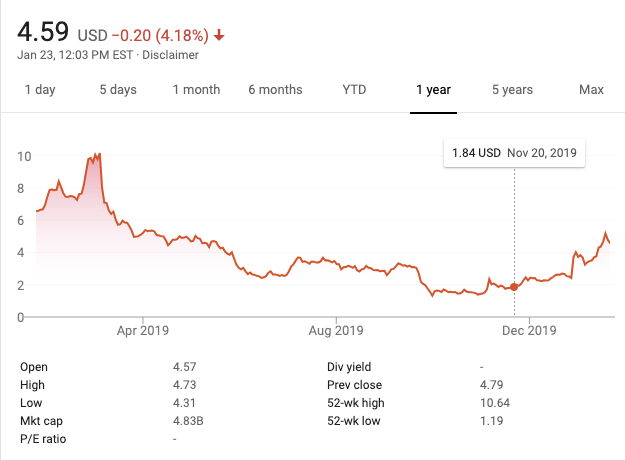Will NIO survive long enough to reap China’s electric car rewards?
The Chinese electric vehicle (EV) market potential is enormous. But NIO — one of its leading players — is in crisis mode.

The Chinese electric vehicle (EV) market potential is enormous. But NIO — one of its leading players — is in crisis mode. A little more than a year after the company’s initial public offering (IPO), it is running out of cash. Its stock plummeted to an all-time low of $1.19 on October 2, 2019. Despite a slight jump in share price after positive third- and fourth-quarter sales, and unverified reports of the company getting a billion-dollar round of funding, NIO is still burning through money and facing an uncertain future — in late 2019, hundreds of workers were laid off amid various cost-cutting measures.
A large portion of NIO’s competitive strategy and pricing relies on government subsidies, tariffs on imports, and buzz surrounding its perceived parity to Tesla. NIO gained global recognition after favorable coverage on the American TV show 60 Minutes and hype surrounding its flagship supercar, the EP-9, early in 2019. The car was positioned as a luxury lifestyle brand and featured on Amazon’s original series The Grand Tour. NIO also generated domestic media hype by promoting a “unique” battery replacement system and launching a “NIO house” concept — essentially, a brick-and-mortar club where NIO owners could congregate, socialize, and try new products.
But now the hype, name recognition, brand positioning, and use of incentives are being attacked on all fronts by competition, new Chinese regulations, cuts to government subsidies and import tariffs, and the slowing economy. As if to cap off a miserable year for NIO, in the final days of 2019, Tesla shipped its first domestically made cars to Chinese customers.
https://thechinaproject.com/2020/01/16/how-china-is-using-elon-musk-to-further-its-ev-ambitions/
China accounts for nearly 50 percent of global EV sales, a number that is only expected to grow as the country’s middle-class population swells to 600 million by 2030. Growing customer interest, stricter restrictions on emissions, and other government policies have led every major car manufacturer, domestic and foreign, to sell electric cars in China.

Source: Google Finance.
And yet, NIO’s stock still trades under its IPO price of $6.26 — it is currently at $4.74. It never recovered from last year’s slump. The primary factor was the slashing in 2019 of central government subsidies that had propped up many electric vehicle brands in China.
NIO vs. Tesla, and all the others
NIO per unit sales for the first three quarters of 2019 accounted for less than 1 percent of the entire China EV market, estimated to be 1.5 million units in 2019. The majority of Chinese EV cars have lower price points than NIO’s. This means that NIO isn’t trying to capture the majority of the EV market, but rather the higher-end space in which Tesla is the leader. That’s a tough task considering Chinese buyers tend to trust Western brands. If there is no significant price or value differentiation, NIO is relying on “homegrown” appeal far too much.
Tesla sales in China are growing and Porsche just unveiled the Taycan EV, while Audi, VW, and other car makers have announced plans to enter the EV market.
NIO also faces increased domestic competition from Xpeng, Byton, and Evergrande, who are all salivating over the high-end EV market.
Despite all of these negative signals, NIO may still survive. The company understands hype, and its leadership team knows how to raise money. As stock surges in November 2019 and early January suggest, NIO still has fight in it.





